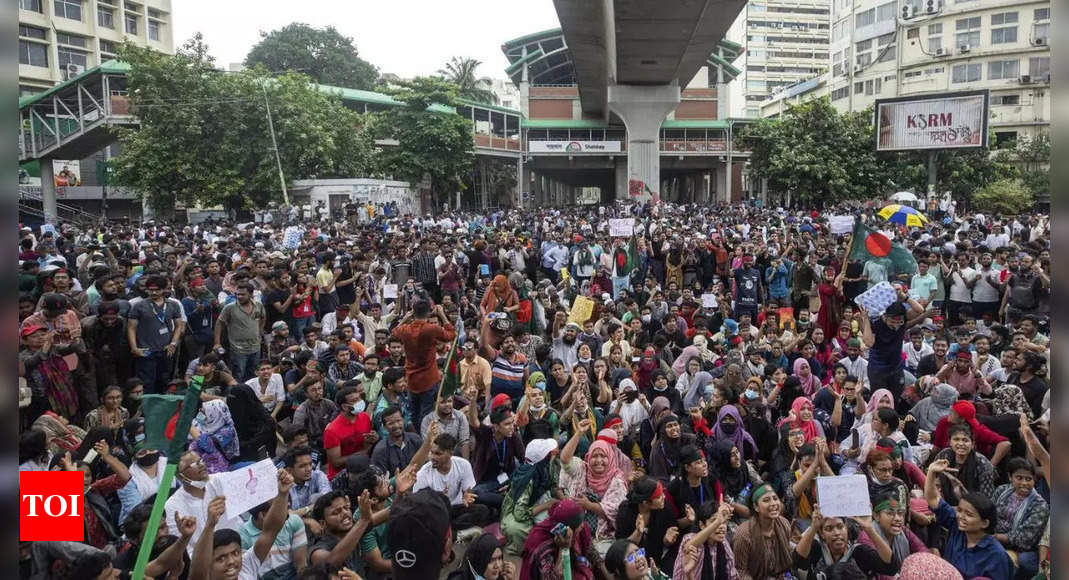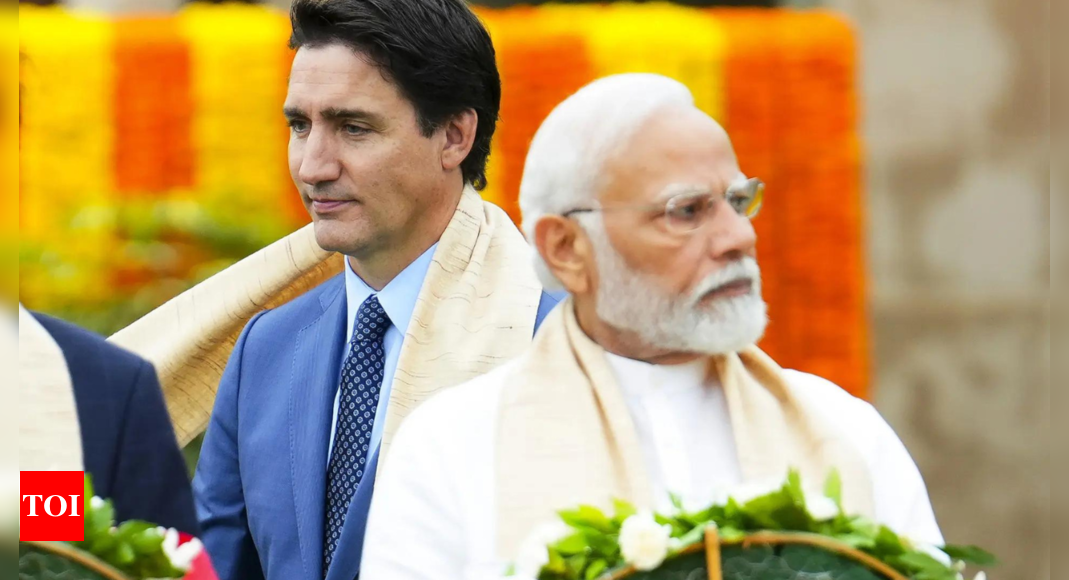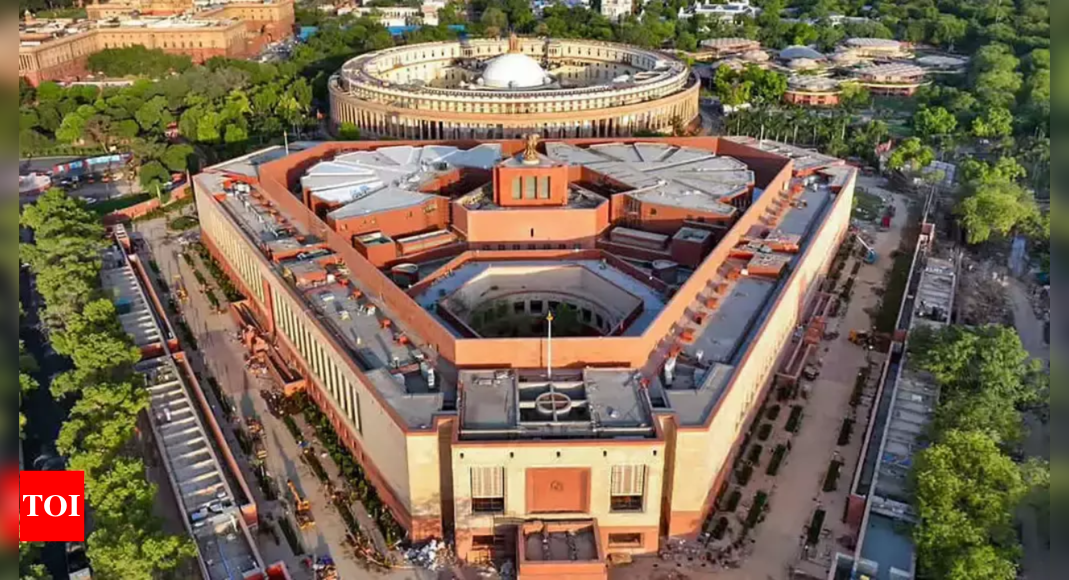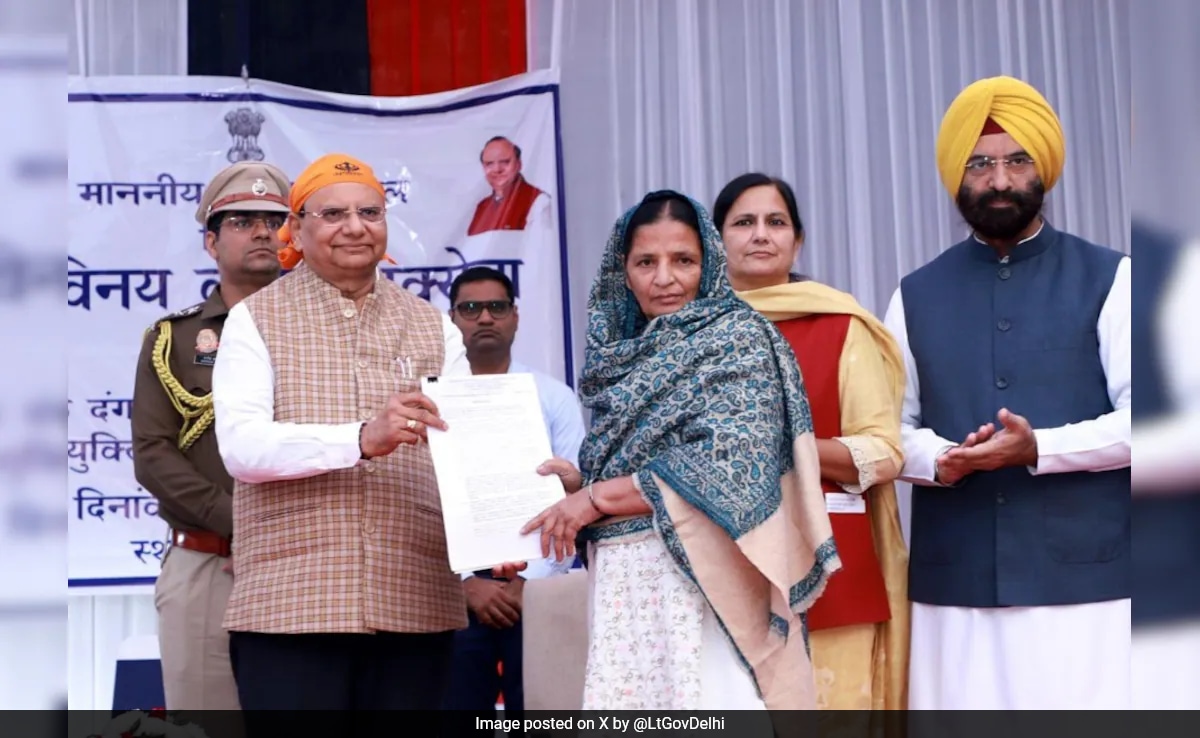
The United States on Monday called for “calm and restraint”, and welcomed the announcement of interim government in Bangladesh, after the country’s prime minister, Sheikh Hasina, resigned and fled following protests.
Hasina’s downfall came after a brutal suppression of protests that initially started as opposition to preferential job quotas but grew into a larger movement calling for her removal from power, after the crackdown resulted in the deaths of hundreds of demonstrators.
US State Department spokesperson, Matthew Miller said: ” The United States stands with the people of Bangladesh. We urge all parties to refrain from further violence. Too many lives have been lost over the past several weeks, and we urge calm and restraint in the days ahead.”
“We welcome the announcement of the interim government and urge any transition be conducted in accordance with Bangladesh’s laws. We are deeply saddened about the reports of Human Rights abuses, casualties and injuries over the weekend in the past week,” he added.
Miller said “Our condolences of course go out to those who have been hurt in the violence over the past few weeks. We are focused now on supporting an end to the violence and for accountability.”
Throughout her tenure, Hasina maintained a generally fruitful partnership with the United States, which viewed her as an ally in addressing key issues such as combating Islamist extremism and providing refuge to Rohingya individuals escaping oppression in Myanmar.
However, the United States grew increasingly critical of Hasina’s authoritarian inclinations and “imposes visa sanctions over concerns on democracy.”
Earlier US Senate Majority Leader Chuck Schumer urged for the formation of a balanced interim government in Bangladesh, capable of organising prompt democratic elections.
“PM Hasina’s violent reaction to legitimate protests made her continued rule untenable. I applaud the brave protestors & demand justice for those killed,” Schumer posted on social media platform X.
The protests against Hasina and the crackdown have resulted in some of the most severe violence witnessed since Bangladesh’s independence more than five decades ago.
(With inputs from agencies)
Hasina’s downfall came after a brutal suppression of protests that initially started as opposition to preferential job quotas but grew into a larger movement calling for her removal from power, after the crackdown resulted in the deaths of hundreds of demonstrators.
US State Department spokesperson, Matthew Miller said: ” The United States stands with the people of Bangladesh. We urge all parties to refrain from further violence. Too many lives have been lost over the past several weeks, and we urge calm and restraint in the days ahead.”
“We welcome the announcement of the interim government and urge any transition be conducted in accordance with Bangladesh’s laws. We are deeply saddened about the reports of Human Rights abuses, casualties and injuries over the weekend in the past week,” he added.
Miller said “Our condolences of course go out to those who have been hurt in the violence over the past few weeks. We are focused now on supporting an end to the violence and for accountability.”
Throughout her tenure, Hasina maintained a generally fruitful partnership with the United States, which viewed her as an ally in addressing key issues such as combating Islamist extremism and providing refuge to Rohingya individuals escaping oppression in Myanmar.
However, the United States grew increasingly critical of Hasina’s authoritarian inclinations and “imposes visa sanctions over concerns on democracy.”
Earlier US Senate Majority Leader Chuck Schumer urged for the formation of a balanced interim government in Bangladesh, capable of organising prompt democratic elections.
“PM Hasina’s violent reaction to legitimate protests made her continued rule untenable. I applaud the brave protestors & demand justice for those killed,” Schumer posted on social media platform X.
The protests against Hasina and the crackdown have resulted in some of the most severe violence witnessed since Bangladesh’s independence more than five decades ago.
(With inputs from agencies)









